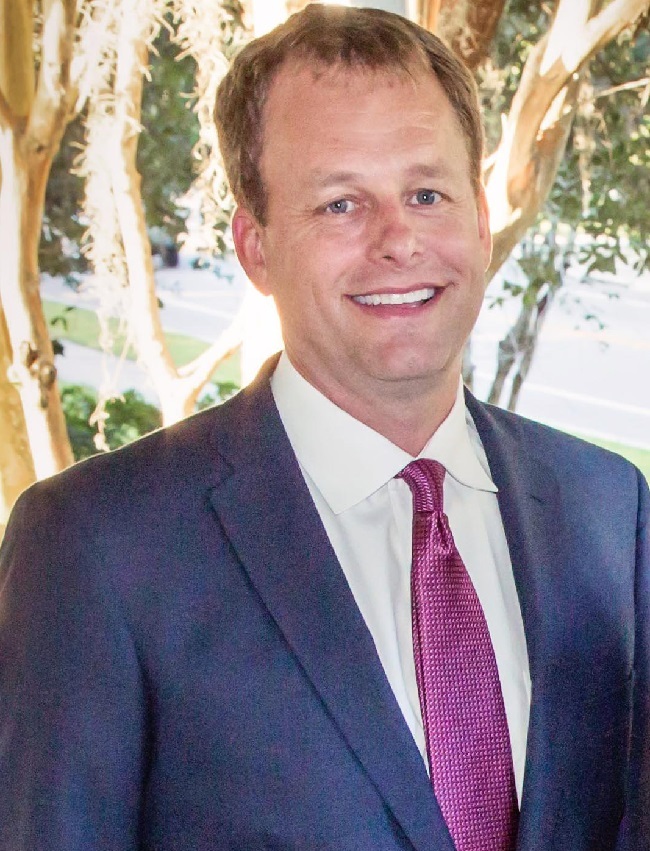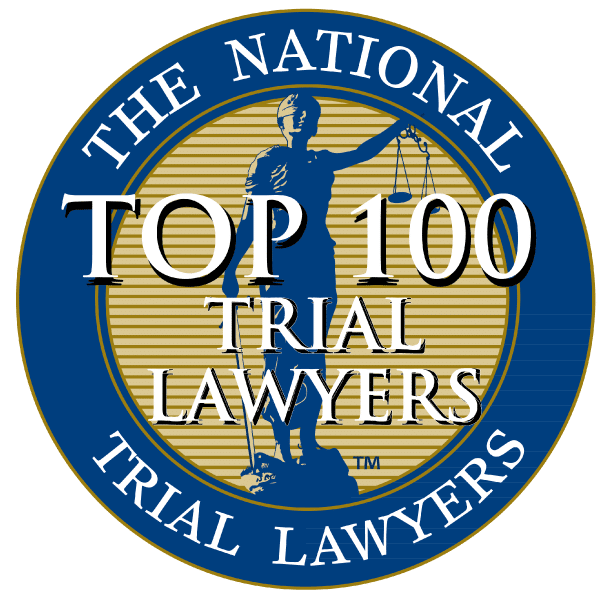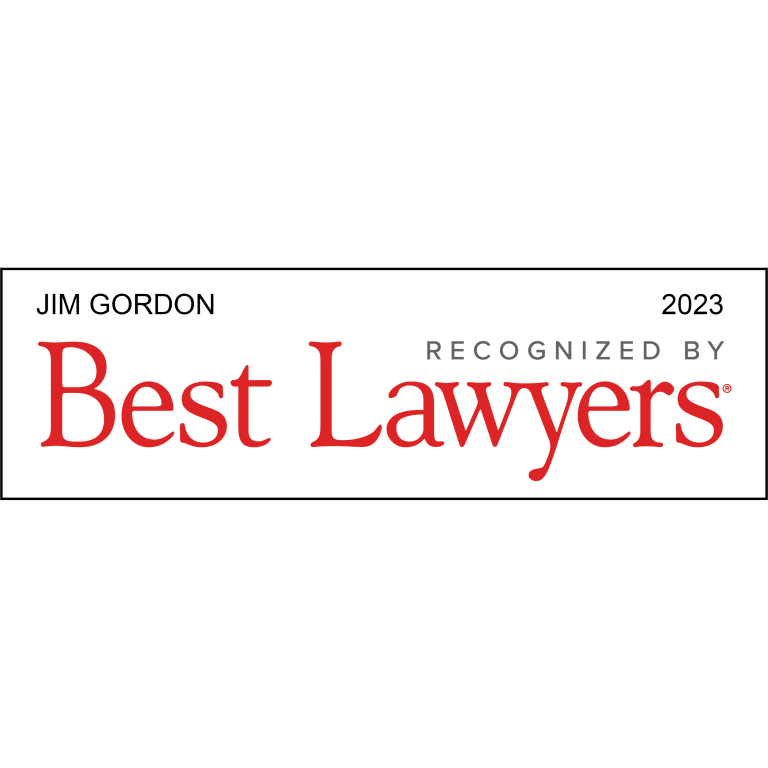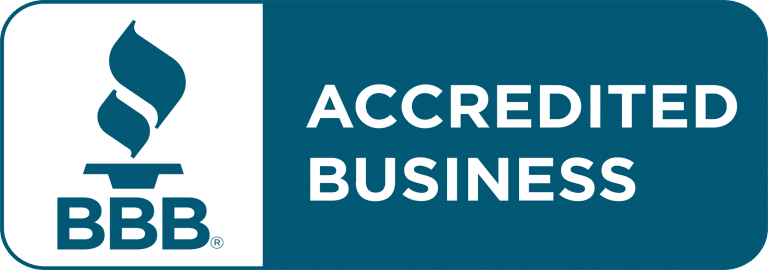What Is Premises Liability?
Posted on: July 19, 2021It’s more than your average slip and fall.
Learn more about premises liability.
You may not have realized it, but you rely on others every day to keep you safe.
Whether you’re driving through traffic on your way to work, ordering lunch from your favorite deli, shopping for the kids’ school supplies, or visiting a friend, you are putting your safety into the hands of everyone around you.
So if your safety is somehow compromised, you are entitled to justice for any injuries you may receive.
In the world of personal injury law, this concept is known as premises liability and it is the driving force behind some of the cases we handle. But what exactly is it, and how do you know if you have a premises liability case on your hands?
What Is Premises Liability?
Premises liability is a legal concept that holds property and business owners liable for injuries that occur within their homes and businesses.
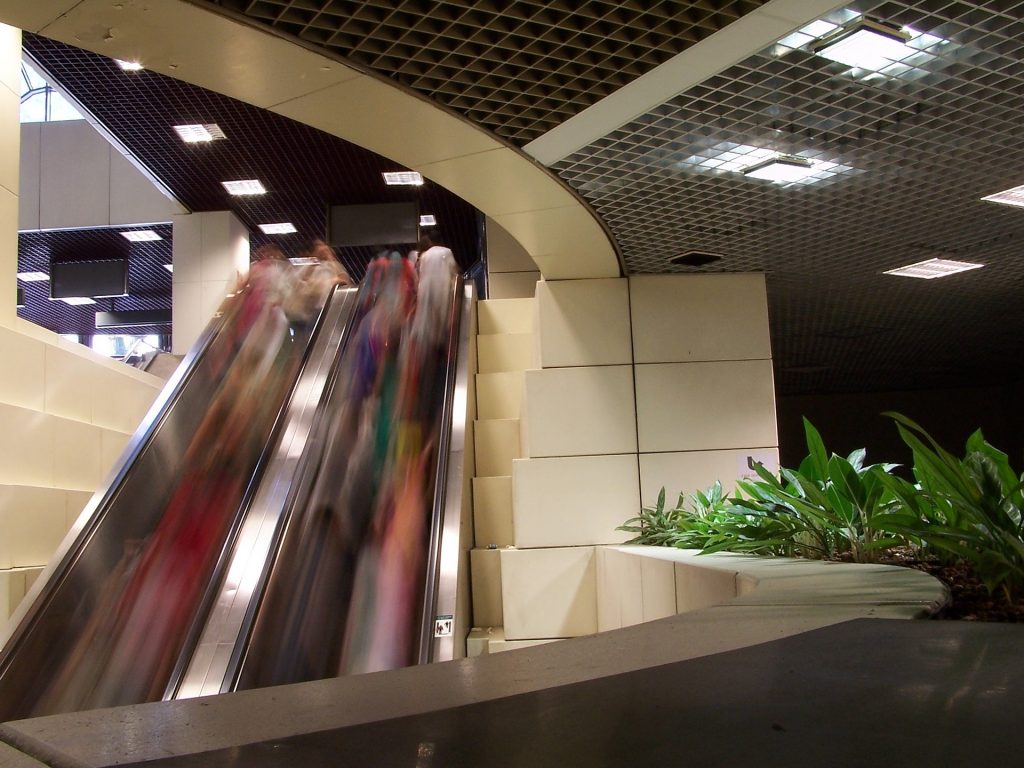
All property owners hold a duty of care to the people who find themselves in or on the property.
- Invitees – Those who are invited or expected on the property by the owner (such as customers at a business)
- Licensees – Those who are not expressly invited, but legally allowed (such as the neighbor selling Girl Scout cookies door-to-door)
- Trespassers – Those who enter the property without permission
No matter how you find your way onto someone’s premises, you should have a reasonable expectation of safety. However, if you are an invitee or licensee (which are most of the cases), a duty is certainly owed to you.
Premises Liability vs. General Liability
How is premises liability different from general liability?
Premises liability comes into play in any instance when a property or business owner
- knew or should have known of a dangerous situation and
- did not take steps to prevent harm to others.
General liability is a much broader term that applies when someone is injured as a result of a business’ operations.
The main difference between the two can be boiled down to a single question: Should the property owner have known of the danger?
If they were aware of a potential risk—and failed to fix the issue or warn others of the danger—they could be held liable in a premises liability case.
Examples of Premises Liability Claims
In case you’re still confused, let’s look at a few hypothetical examples of premises liability cases.
- Nate spills an urn of coffee on the floor at his café, but he decides not to put up a “Wet Floor” sign or mop up the mess. Ten minutes later, a customer slips and falls, breaking her hip.
- Bartholomew knows the floodlights and security cameras in his parking lot haven’t been working for quite some time. One night, his client, Dorothy, stumbles over a pothole in the dark and sprains her wrist.
- Carolyn decides to take a much-needed vacation, but there is no bar installed in the shower, despite having requested a shower with one. She slips on the bathtub surface and hits her head on the sink.
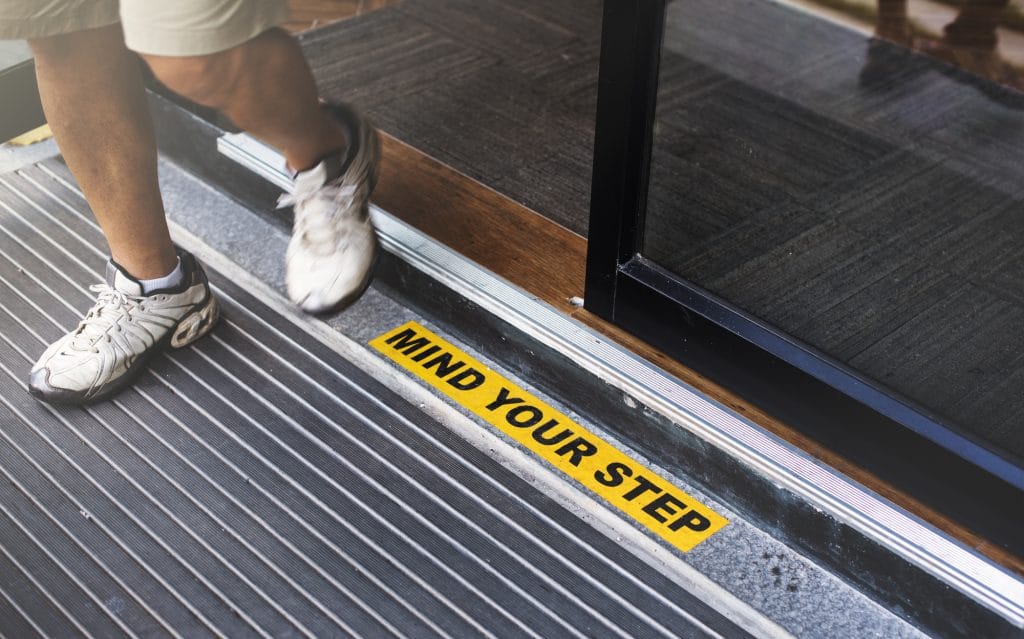
A Big Issue in Premise Liability Claims
One of the biggest issues in these cases is comparative negligence. This means the negligence exercised by the injured person.
In many premises liability cases, the defense will argue that although the condition may have been dangerous, it was so open and obvious that the injured party should have avoided it. This type of negligence can substantially diminish the value of a claim.
Some examples:
- When Nate spilled the coffee, it was on white tile and in an area that the customer did not need to walk through to order her latte. It also was of a size that anyone paying attention should have arguably noticed it. With these facts, Nate may be found without fault or the injured customer may be found to have high comparative negligence and be considered 80% at fault.
- Dorothy was walking across that dim parking lot with a phone that had a flashlight on it that could have helped her locate any dangers. She was not only not using the flashlight, but was Snap-chatting her friends and not paying attention. Dorothy may be wholly at fault for not paying attention or found to have significant comparative negligence.
It is unusual in a slip or trip and fall case that the question of comparative negligence is not an issue. It must be analyzed carefully and addressed to the client so that they know what to expect and how to combat this defense.
We Know Premise Liability Claims
The attorneys at Beers and Gordon spent over 40 years combined defending these cases. Our attorneys have represented strip malls, shopping malls, restaurants, and hotels throughout the state of Florida. We have also won many defense cases on these issues, both at trial and through dismissals by judges.
We know what to look for and how to properly present the case.
Beers & Gordon also knows whether you have a potential case. We often get phone calls from potential clients after they have been dropped by a big firm who tells them six months later that there is no liability.
Oftentimes, this is known by the Beers & Gordon attorney in the first meeting but these other attorneys do not look at the file and the specific case facts for months before realizing the case cannot be won.
You don’t want to be treating and thinking you will be pursuing a case and then learn six months later that your case cannot move forward. The attorney who drops you is not left with the medical expenses—you are!
You should meet with experienced attorneys who can tell you the good and bad of these cases.
Questions? A Premises Liability Lawyer Can Help
It takes both specialized knowledge and experience to learn the ins and outs of premises liability law. We have that experience.
If you have questions regarding your injuries, such as whether or not you have a case or how much you should expect to settle for, contact Beers & Gordon for a free consultation.
Beers & Gordon has handled thousands of premises liability cases, both in and out of the courtroom. Having worked for both defendants and injured victims, we have the expertise you can trust to give your case the care and attention it deserves.

